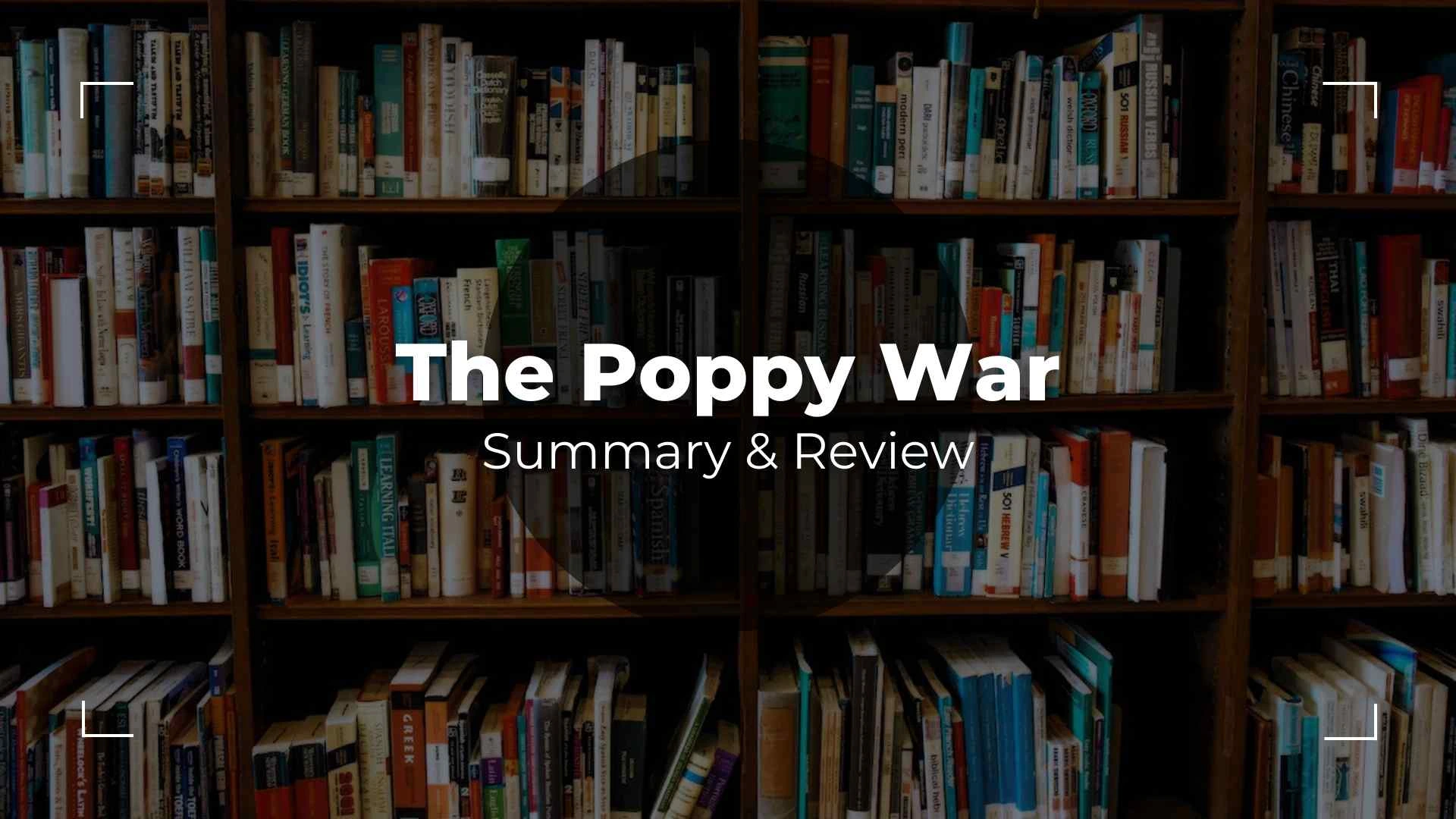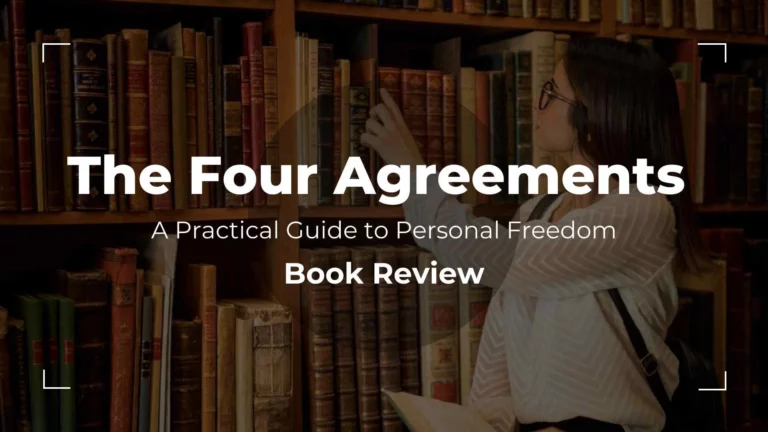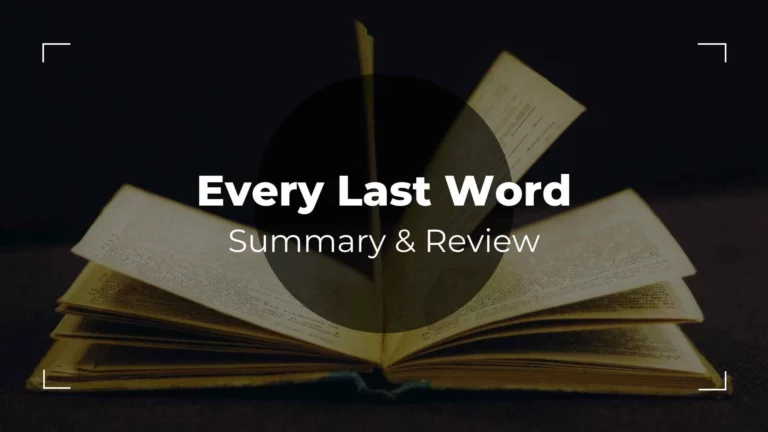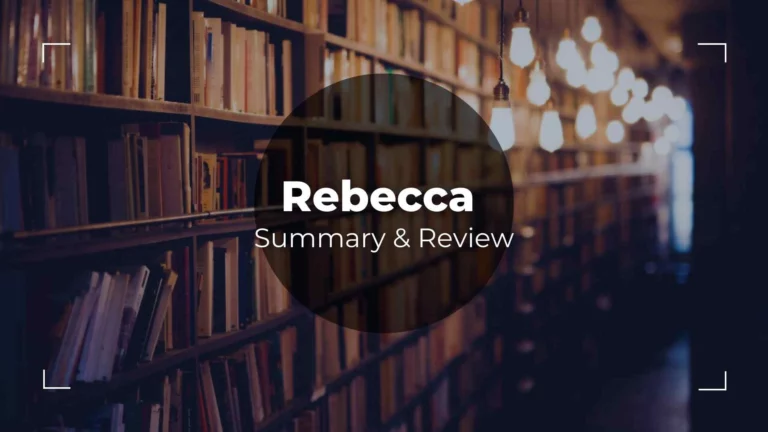The Poppy War Review

- Author: R. F. Kuang
- Originally published: May 1, 2018
- Page Count: 545 pages, ebook
- Genre: Fantasy, Fiction, Historical
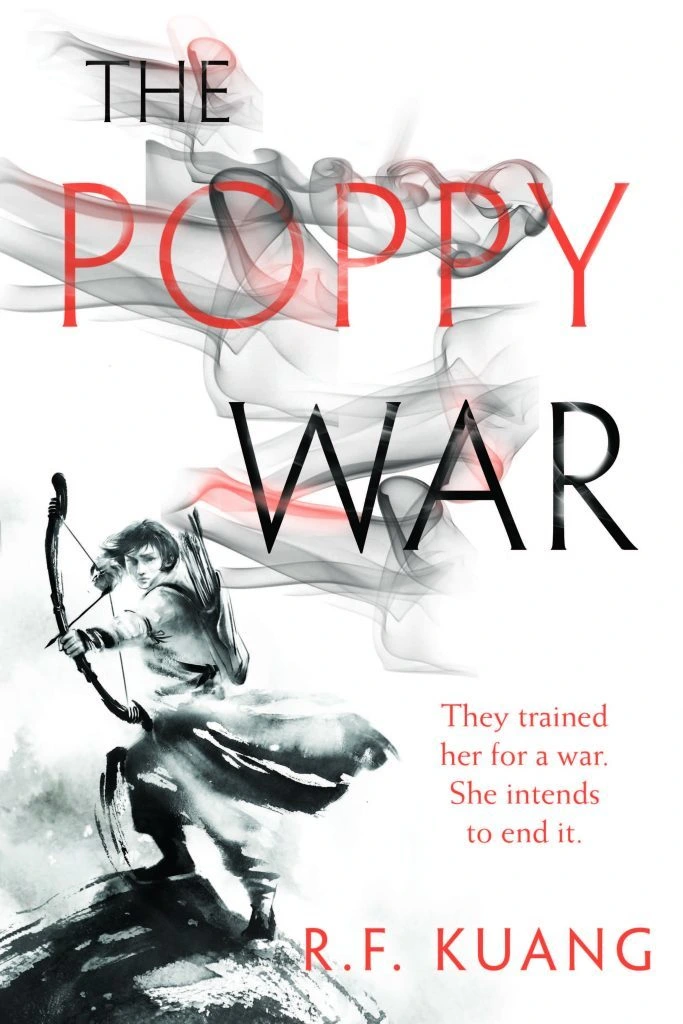
In a literary landscape where tales of war and power captivate readers’ minds, “The Poppy War” by R.F. Kuang stands as a formidable contender, offering a gripping narrative that delves into the depths of sacrifice, resilience, and ambition. As we embark on this exploration of the intricacies woven by Kuang’s words, our aim is to provide an honest and unfiltered perspective—one that critically examines the story’s layers while acknowledging its acclaim. With a narrative that ignites the imagination and challenges preconceived notions, “The Poppy War” invites us to traverse a realm where strength and vulnerability intertwine. Join us as we dissect the themes, characters, and writing style that make “The Poppy War” a significant contender in the realm of speculative fiction.
The Poppy War Summary
In the immersive world of “The Poppy War,” penned by the talented R.F. Kuang, readers are invited to step into the shoes of Rin, a young and determined protagonist who, against all odds, seeks to transcend her modest origins. Set in a realm reminiscent of 20th-century China, the story unfolds against the backdrop of political turmoil and an impending war that threatens to engulf the nation.
Rin, hailing from a remote village, dreams of escaping her life of poverty by earning a coveted place at the prestigious Sinegard Academy. Her journey begins with determination, but the path is far from easy. Kuang masterfully captures the complexities of Rin’s character, as she grapples with the expectations of society and the heavy burden of her own ambitions.
As Rin’s tenacity leads her to Sinegard, the heart of military training and political intrigue, the challenges she faces only intensify. The academy becomes a crucible for her strength and resilience, where she encounters both allies and adversaries, forging bonds that will shape her destiny. Rin’s journey is not only one of personal growth but also a reflection of the broader forces at play—a world teetering on the brink of war, a society grappling with its history, and the allure of forbidden power.
Amidst the pages of “The Poppy War,” readers are drawn into a narrative brimming with action, intrigue, and the stark realities of warfare. As Rin’s abilities grow, so too does the darkness that looms on the horizon, posing moral dilemmas and challenging her very identity.
“The Poppy War” weaves a captivating tapestry of power, perseverance, and the darkness that resides within us all. Kuang’s storytelling prowess shines through, creating a world that’s as vivid as it is thought-provoking, leaving readers eager to accompany Rin on her tumultuous journey.
Stay with us as we delve deeper into the themes, characters, and the narrative style that make “The Poppy War” a compelling addition to the world of speculative fiction.
Writing Style and Narrative
R.F. Kuang’s writing style in “The Poppy War” is a testament to her ability to seamlessly merge vivid description with intricate storytelling. It’s as if the pages come alive, transporting readers to a world where every scene, emotion, and detail is painted with remarkable clarity.
Kuang’s prose is immersive, effortlessly enveloping readers within the realm of her creation. Her descriptions are rich and evocative, whether she’s depicting the serene landscapes of Rin’s village or the bustling halls of Sinegard Academy. Through her words, readers can almost feel the breeze against their skin and taste the flavors of this vibrant world.
The narrative structure further enhances the reading experience. Kuang employs a steady pacing that balances moments of contemplation with heart-pounding action. Chapters are woven together in a way that propels the story forward while allowing room for character development and world-building. It’s a delicate dance that keeps readers engaged, immersing them in the characters’ growth and the unfolding political turmoil.
Yet, it’s worth noting that while the narrative’s depth is an asset, some might find the pacing to be a touch uneven. Moments of quiet introspection are occasionally juxtaposed with intense scenes of conflict, which could be both a boon and a potential drawback, depending on individual preferences.
“The Poppy War” explores this intricate balance masterfully, painting a tapestry that’s at once mesmerizing and thought-provoking. Kuang’s writing style, characterized by its descriptive prowess and compelling pacing, serves as a vessel for the story’s deeper themes and character dynamics.
Character Development
In “The Poppy War,” R.F. Kuang masterfully crafts characters whose evolution mirrors the book’s overarching themes of power, identity, and sacrifice. At the center of this narrative transformation is Rin, the protagonist whose growth is nothing short of remarkable.
Rin’s character arc is a symphony of complexity. As readers embark on her journey, they witness a transformation that’s as profound as it is challenging. At the outset, Rin is a young woman determined to escape her humble origins and make her mark in the world. Her motivations are rooted in a desire for self-improvement and a better life. These initial aspirations, while relatable, only scratch the surface of what Rin becomes.
As she enters the hallowed halls of Sinegard Academy, Rin’s strengths and flaws come to the forefront. Her determination and grit drive her to excel in the face of adversity, and her fierce loyalty to those she cares about sets her apart. However, her unyielding nature also exposes her to the allure of forbidden powers and moral dilemmas. Rin’s strengths and weaknesses, as well as her inner conflicts, are integral to the story’s rich tapestry.
Kuang’s ability to breathe life into her characters shines through not just with Rin but also in the supporting cast. Each character, whether an ally or adversary, undergoes their own metamorphosis, adding depth and nuance to the narrative. These characters are not static; they evolve in response to the challenges presented by the plot and the world around them.
In evaluating the character development in “The Poppy War,” it’s clear that Kuang has created a cast that is as multi-dimensional as the world they inhabit. Their growth is a reflection of the harsh realities they face and the choices they make. This complexity adds layers to the storytelling, inviting readers to invest emotionally in the characters’ fates.
Themes and Messages
“The Poppy War” is a literary tapestry that weaves together a myriad of themes, each contributing to the profound impact of the narrative. At its core, the story confronts readers with the complexities of war—its brutality, its impact on individuals and societies, and the sacrifices demanded by its unrelenting nature.
War is not merely a backdrop in this tale; it’s an ever-present force that shapes characters, tests their limits, and challenges their convictions. The visceral descriptions of battles and their aftermath are a stark reminder of the horrors of conflict, but they also serve as a canvas for exploring the depths of human resilience and the lengths people will go to defend what they hold dear.
Inextricably linked to the theme of war is the exploration of power—both its allure and its corrupting influence. Rin’s journey introduces readers to the complexities of power dynamics, as she encounters forces that promise to grant her abilities beyond imagination. This exploration delves into the consequences of wielding power, the ethical dilemmas it poses, and the fine line between heroism and tyranny.
Sacrifice is another theme that threads through the narrative, underscoring the choices characters make and the heavy toll exacted by their decisions. Kuang doesn’t shy away from portraying the weight of these sacrifices, highlighting the internal and external struggles that come with making life-altering choices for the greater good.
Beneath the surface, “The Poppy War” also carries underlying social and political commentary. The book draws parallels with historical events and societal structures, prompting readers to reflect on issues such as colonization, identity, and the cyclical nature of conflict. Kuang’s narrative skillfully invites readers to consider the implications of the choices made by individuals and governments alike.
World-Building
R.F. Kuang’s mastery extends beyond characterization and themes—her world-building in “The Poppy War” is equally captivating, transporting readers to a realm rich with cultural intricacies, magic systems, and immersive settings.
Kuang’s meticulous attention to detail breathes life into the fictional world that serves as the backdrop for the story. Drawing inspiration from 20th-century China, she weaves a tapestry of cities, landscapes, and societies that mirror historical realities while adding fantastical elements. From bustling cities marked by political intrigue to rural villages teeming with tradition, each setting is carefully crafted, inviting readers to traverse a realm that feels simultaneously familiar and fantastical.
A standout feature of the world-building lies in the magic system—an integral aspect that shapes the characters’ destinies and the world itself. Magic in “The Poppy War” is intricately tied to gods, mythology, and the balance of power. The system’s complexity is a testament to Kuang’s ingenuity, as she seamlessly integrates it into the fabric of the story. The magic system not only serves as a source of wonder but also underscores the thematic exploration of power and its consequences.
One area where the world-building could have room for improvement lies in its exposition. While the book excels in immersing readers, there are instances where a deeper explanation of the world’s history and mythos could enhance understanding. Providing readers with a more comprehensive foundation could elevate the immersion even further, allowing them to fully appreciate the cultural nuances and dynamics at play.
In all its complexity, “The Poppy War” invites readers to explore a world brimming with cultures, traditions, and magical wonders. Kuang’s ability to meld historical inspiration with imaginative elements creates a reading experience that’s both enchanting and thought-provoking.
Criticism & Areas of Improvement
While “The Poppy War” stands as a compelling work of speculative fiction, it’s important to acknowledge that even the most acclaimed books can elicit varying responses. One aspect that some readers and critics might point to is the narrative’s pacing. At times, the oscillation between moments of intense action and periods of reflection might be jarring for those seeking a more consistent rhythm. Striking the balance between these elements could enhance the overall reading experience for certain individuals.
Another consideration lies in the exposition of the world-building. While Kuang skillfully immerses readers in her created world, there may be instances where a deeper understanding of the realm’s history and magic system could enhance the connection with the story. A more comprehensive exploration of the world’s intricacies might further engage readers and provide a more comprehensive backdrop for the characters’ journey.
Furthermore, some critics might draw attention to the morally ambiguous choices made by characters, including the protagonist. Rin’s decisions are often complex and laden with ethical dilemmas, which can polarize readers’ opinions on her motivations and actions. This could lead to differing interpretations of the characters’ moral compasses and the extent to which they are relatable or sympathetic.
It’s worth noting that while these points highlight potential areas of improvement, they do not diminish the book’s strengths or impact. Different readers have different preferences, and what might be a critique for one could be a captivating element for another.
As we navigate through the varied aspects of “The Poppy War,” from its themes to character development, it’s important to recognize that literature’s richness lies in its diversity of viewpoints and interpretations. Our journey through this review seeks to provide a well-rounded perspective that encompasses both the book’s merits and areas that could invite further contemplation.
Conclusion
In traversing the pages of “The Poppy War,” R.F. Kuang’s literary artistry shines, painting a narrative that’s both captivating and thought-provoking. The world-building, though complex, adds layers of depth to the characters’ journeys, and the themes of power, sacrifice, and the horrors of war are woven seamlessly into the tapestry of the story. Kuang’s ability to craft morally complex characters resonates, leaving an indelible mark on readers’ perceptions.
While the narrative pacing and exposition offer potential avenues for further refinement, they do not overshadow the book’s merits. From the immersive writing style to the intricate magic systems and cultural nuances, “The Poppy War” invites readers on an unforgettable journey.
As we conclude this review, we encourage you to dive into the world of “The Poppy War” for yourself. Explore its landscapes, grapple with its themes, and join the characters on their tumultuous paths. Like any captivating work of fiction, the true adventure lies in experiencing it firsthand.
About the Author

R.F. Kuang is an acclaimed author known for her compelling storytelling and masterful blend of historical inspiration with imaginative elements. Born in China and raised in the United States, Kuang’s unique perspective is reflected in her evocative narratives. She earned a degree in International History, specializing in Chinese military strategy, which influences the depth and authenticity of her writing. “The Poppy War,” her debut novel, garnered widespread attention for its intricate world-building, complex characters, and exploration of themes like power and sacrifice. Kuang’s ability to craft morally ambiguous characters and thought-provoking narratives has solidified her as a distinctive voice in the realm of speculative fiction.
“We believe that every reader’s perspective is a valuable contribution to the discussion. Whether you’ve already dived into the world of “The Poppy War” or are intrigued by our review, we invite you to share your thoughts in the comments section below. Let us know what resonated with you, which themes struck a chord, or any unique insights you’ve gained. Your perspective adds depth to the conversation and enriches the reading experience for fellow enthusiasts.
Feel free to spread the word about our review by sharing it on your preferred social media platforms. Whether it’s Facebook, Twitter, or any other space where book lovers gather, your recommendation could introduce others to this captivating literary journey. Together, we can create a community of readers who appreciate the power of storytelling and embrace the nuances that make each narrative unique.” – Your Book Corner

